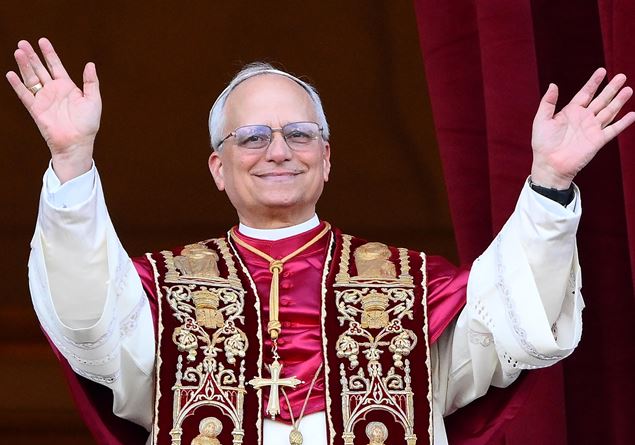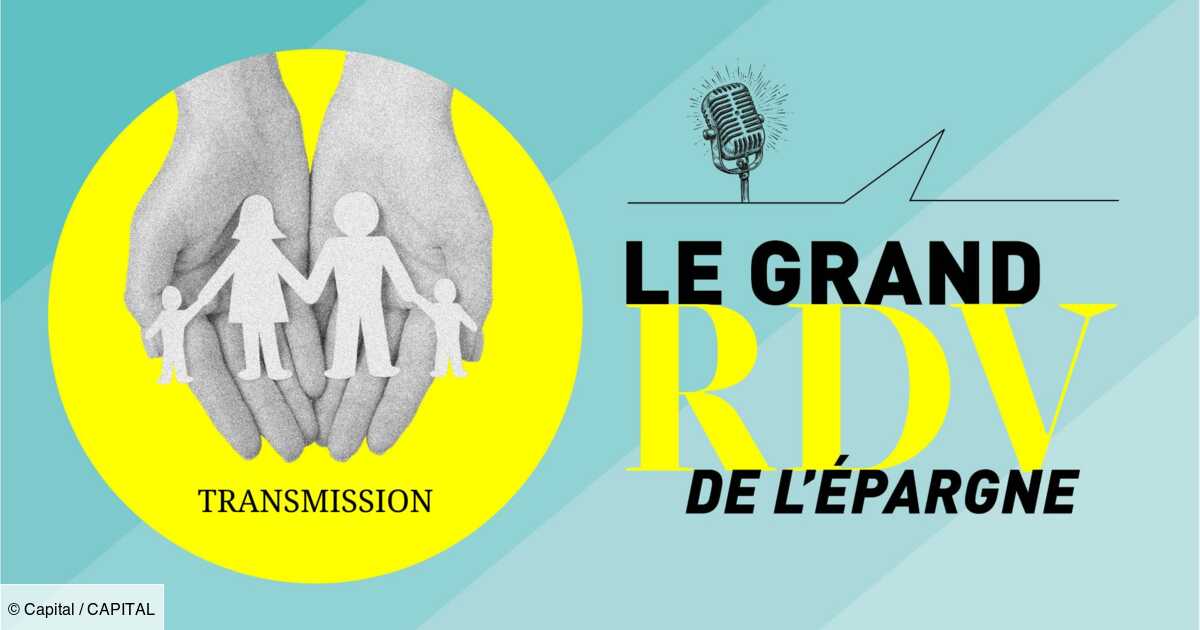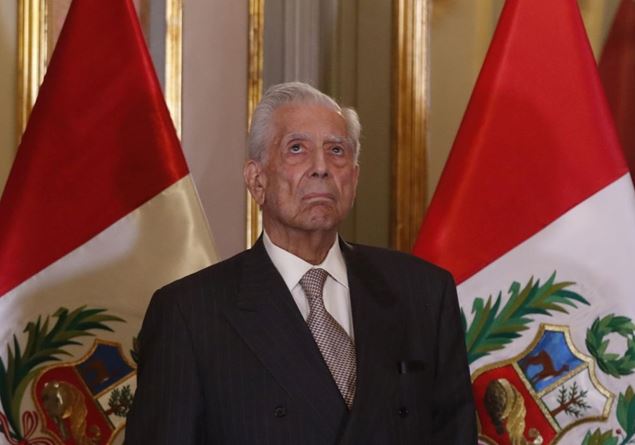Why can’t men live king without the novel?
“Because they are not happy with their life. The man needs a richer, complex, exciting life of what he has. The distance between the lived life and the dreamy life is occupied by the imagination. And the novel is the written expression of the imagination: for this reason it is a vital necessity ».
Talking about literature with Mario Vargas Llosa is like getting on a very high peak and letting go of a point where things are clearly shown. His word rests on solid foundations: he is among the greatest contemporary writers, author of novels but also of essays and theatrical texts, an intellectual who does not disdain the “political” commitment (in 1990 he applied to the presidential elections in Peru to contrast, in vain, Fujimori), is the ideal interlocutor to try to understand what sense, today, writing and reading novels.
– Is the novel able to change reality?
«Indirectly, yes. When the reader returns to real life from the wonderful world of the novel, it is no longer the same: life appears ugly and poor. This dissatisfaction is the spark that makes not only the critical attitude, but also a subversive, revolutionary energy. Each power structure says: Life is perfect as it is. To the reader the novel suggests the opposite: life is not good as it is. And a alternative promises ».
– How does the modern novel influence the individual and collective imagination?
«It is a non -measurable, but certain presence. I can mention some exemplary cases: many young Europeans committed suicide after reading The pains of young Werherthe publication of Madame Bovary He created a romantic vision of existence in France … the novel focuses what is confused in the heart of the individual and in the atmosphere of a historical era “.
– Today the novel suffers the competition of cinema and television …
“Yes, but between the image and the written word there is an unbridgeable difference: the image is conformist, because it does not require an effort to convert words into images, and therefore is more controllable than literature. The film can be fun and original, but it will never be a source of restlessness. TV and cinema show an acceptable world. Only the novel asks for that participation of consciousness that makes literature uncontrollable ».
– So she is optimistic about the future of the novel …
«The question that anyone who cares about the fate of the novel must be asked today is: the written culture and the image can coexist, or will a war be unleashed with a single winner? My opinion is that there is no fatality that looms on the survival of the written word, the fate of which is entrusted to human choices. If the scriptures become marginal, it will be because we wanted it or allowed it ».
– Compared to the past, ideas circulate faster and this has produced an approach between different cultures. How can this reflect on the novel?
«It will be less provincial, because the human experience widens its horizons and breaks down all the barriers. On the other hand, the novel will always be an expression of the language with which it is written. Here, the language is the home of the novel. The image, on the other hand, is international ».
– Will globalization also change the shape of the novel?
«Globalization makes us all contemporary, what happens in a place is owned by everyone. This situation can only facilitate communication, promoting mutual fertilization three of the different narrative forms ».
– What can be done to entice young people to read?
«It is a political question: if the institutions invest in reading, teachers and families will become excited to the novel. Today the TV engulfs books, but it is not an unchanging situation ».
– What are the novels that Mario Vargas Llosa has loved most?
“The three musketeers And Moby Dick When I was a child, while Tolstoy’s great works, Hugo, Proust, Joyce, Kafka and Faulkner generated and forged my literary vocation ».








